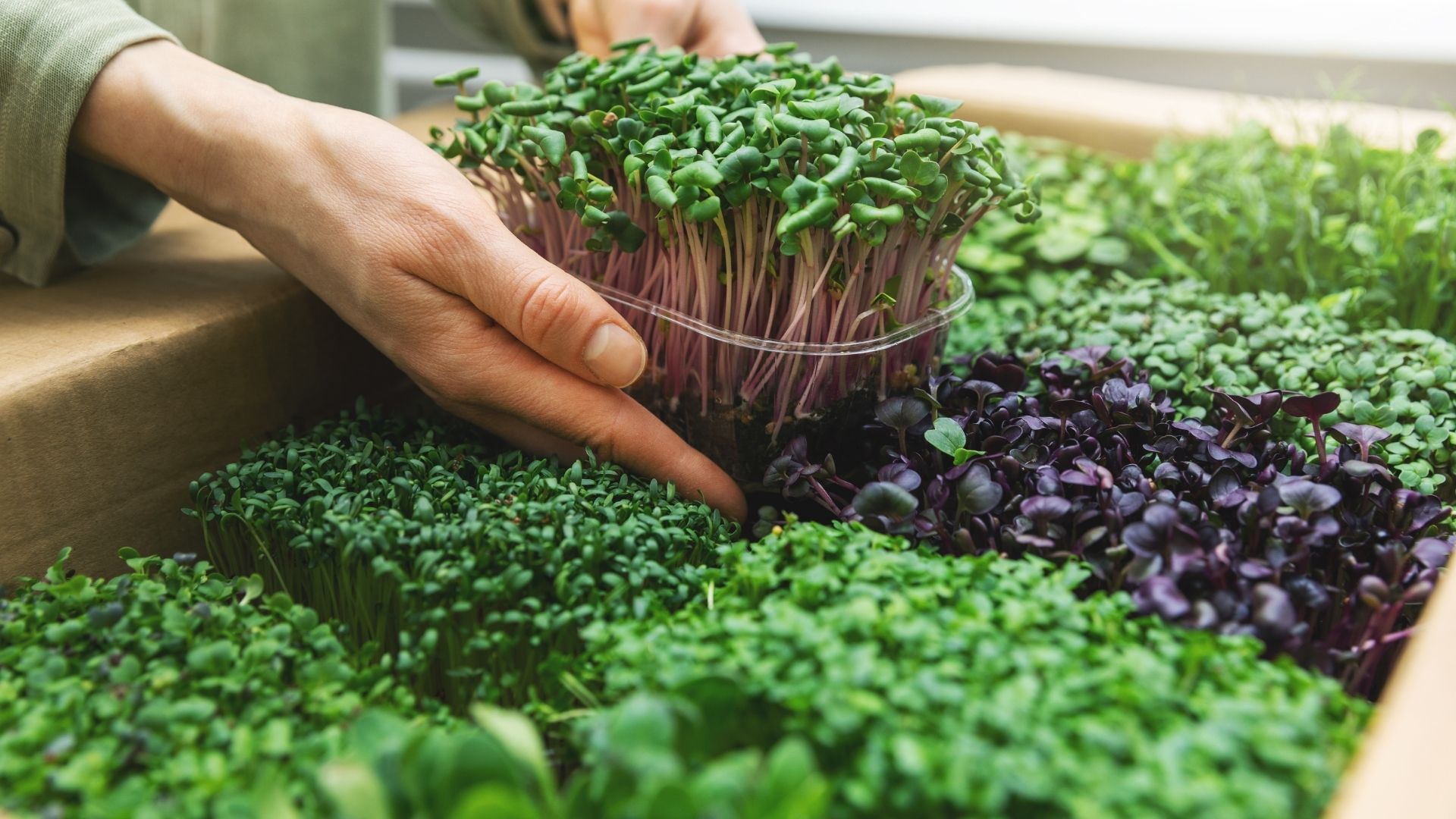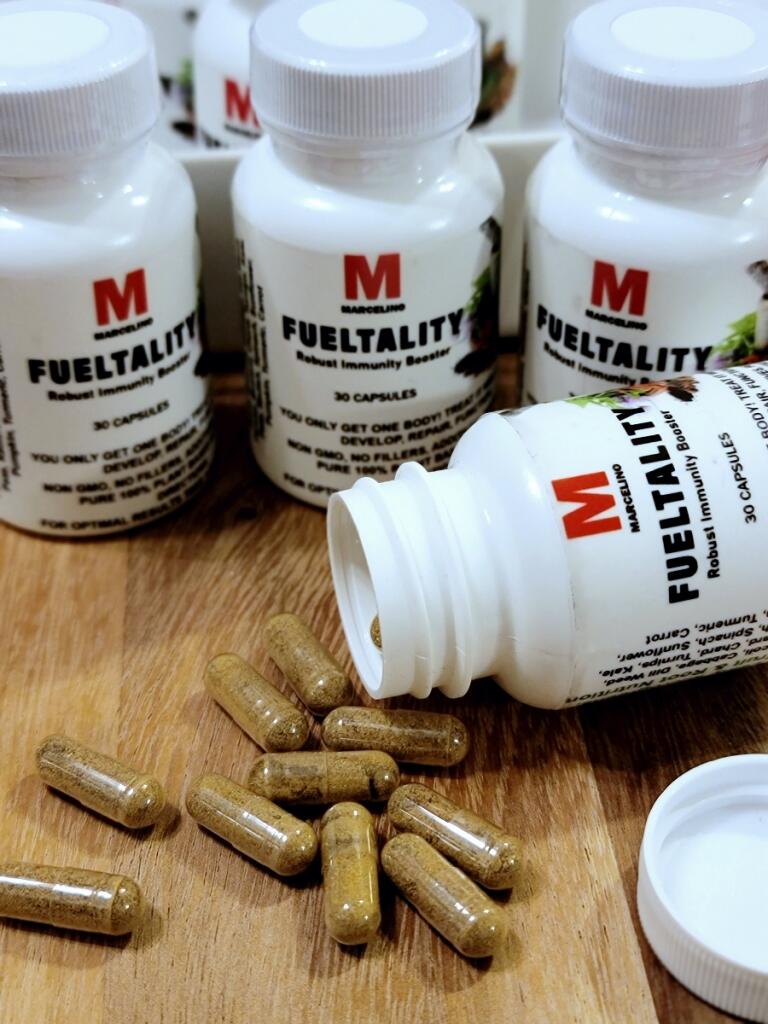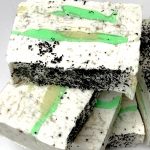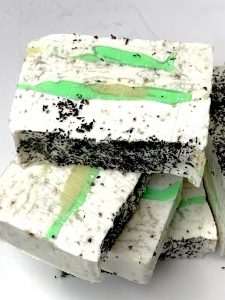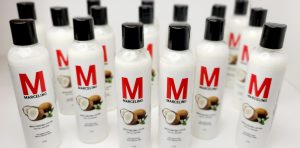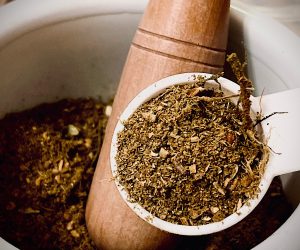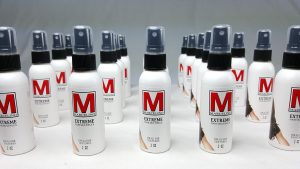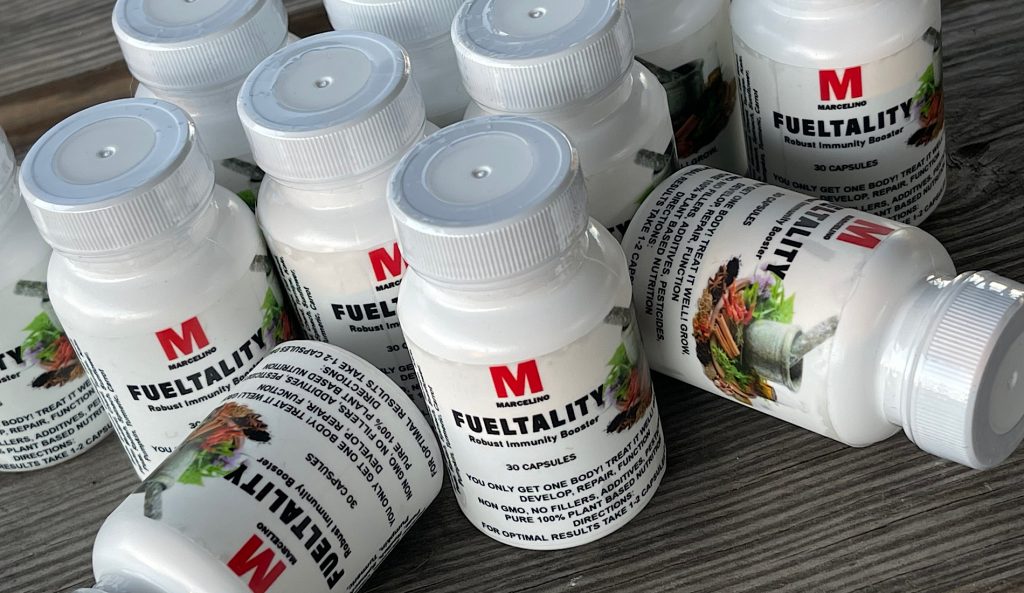
This product has become one of the most effective products in helping to boost the immune system during the COVID-19 pandemic, making it one of the most efficacious products for illness and disease prevention. Let’s make this clear, this is not a cure for COVID-19 or any other disease or illness. It is more like a tool that could be used to empower your immune system to fight disease and illness. This Fueltality product is made with high-quality micro greens that can provide your immune system with the necessary nutrients it needs to fight pathogenic infections and deficiencies that can lead to illness or disease.
Theses things are jammed packed with nutrients! They are like tiny nutrient power houses..
What exactly are microgreens?
To understand the importance of Fueltality and why it is such a dynamic product, you must first understand what exactly are micro greens and what makes them different from other plants. Microgreens, also known as micro herbs, or small immature plants which are jampacked with nutrients. The biggest difference between microgreens, baby greens, and mature greens is the amount of time that it takes to harvest them. Every type of microgreen plant varies slightly in their nutrient dense content, but most of these nutritious plants tend to be rich in vitamins and minerals such as copper, iron, magnesium, potassium, and zinc.
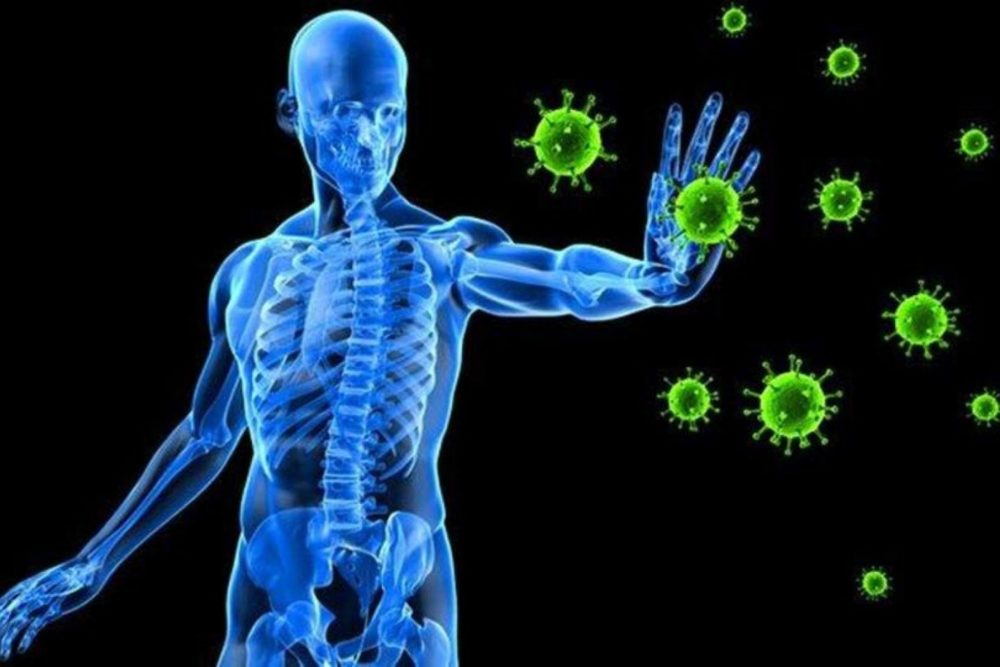
Helps Your Body Fight Or Prevent Infection
Every type of microgreen plant varies slightly in their nutrient dense content, but most of these nutritious plants tend to be rich in vitamins and minerals such as copper, iron, magnesium, potassium, and zinc. Microgreens are also a great source of antioxidants, which are molecules that fight free radicals in your body. Free radicals, although utilized by the immune system to fight infection, when left unchecked are linked to various illness and disease because they cause “Oxidative Stress”. This oxidative stress disrupts your body’s ability stay in homeostasis, which then leads to inflammation and damage to the DNA of the cell; eventually leading to death.
Some of these dreadful diseases may, include but are not limited to, diabetes, heart disease, and cancer. Our bodies naturally produce antioxidants to fight off the cell damaging oxidative stress that’s caused by the imbalance of free radicals within us. But due to poor diet and various other factors, you may find yourself in a state deficiency; which is where the Fueltality microgreens come in. What’s more, their nutrient content is concentrated, which means that they often contain higher vitamin, mineral and antioxidant levels than the same quantity of mature greens.
Contains 16 Dark Leafy Microgreens, Veggies, Fruit & Root Nutrition
Beets
Broccoli
Cabbage
Dill Weed
Parsley
Mustard
Chard
Turnips

Kale
Peas
Radish
Spinach
Sunflower
Pumpkin
Turmeric
Carrot
Health Benefits Of Each Ingredient
Each of the vegetables you listed have their own unique set of health benefits. Here’s a brief overview of some of the medicinal benefits associated with each:
Beets
Beets: Beets are a good source of folate and manganese, as well as a rich source of nitrates which convert to Nitric Oxide in the body, which can help lower blood pressure. Beetroot Juice has been showed to improve physical performance, endurance, and muscle function.
Broccoli
Broccoli: Broccoli is a good source of vitamin K, vitamin C, and vitamin A, as well as containing minerals like potassium and manganese. It also contains a compound called sulforaphane, which may have anti-cancer properties.
Cabbage
Cabbage: Cabbage is a good source of vitamin K, vitamin C, and vitamin B6. It also contains antioxidants and anti-inflammatory compounds. Eating cabbage may help lower the risk of certain cancers, such as stomach cancer.
Dill Weed
Dill Weed: Dill is a good source of vitamin A, vitamin C, and manganese. It also contains essential oils that have antiseptic and antispasmodic properties, which may help soothe stomach cramps and other digestive issues.
Parsley
Parsley: Parsley is a good source of vitamin K, vitamin C, and vitamin A. It also contains flavonoids, which are antioxidants that help protect cells from damage. Parsley is also high in Vitamin C and Vitamin A which are good for maintaining healthy skin, hair, and vision.
Mustard
Mustard: Mustard is a good source of selenium, an important mineral for the function of the thyroid gland, and manganese. It also contains compounds that have anti-inflammatory and antioxidant properties.
Chard
Chard: Chard is a good source of vitamin K, vitamin A, and vitamin C, as well as minerals like magnesium and potassium. It also contains antioxidants that help protect cells from damage.
Turnips
Turnips: Turnips are a good source of vitamin C and vitamin K. They are also rich in minerals such as calcium and potassium, as well as antioxidants.
Kale
Kale: Kale is a good source of vitamin K, vitamin A, and vitamin C. It also contains antioxidants and anti-inflammatory compounds. Eating kale may help lower the risk of certain cancers and improve heart health.
Peas
Peas are a good source of protein, vitamin A, vitamin K, and vitamin C. Peas also contain antioxidants, which help protect cells from damage.
Radish
Radishes are a good source of vitamin C, folate, and potassium. They also contain compounds that have been shown to have anti-cancer properties, and have been traditionally used to help detoxify the liver.
Spinach
Spinach is a good source of vitamin K, vitamin A, vitamin C, and iron. It also contains antioxidants and anti-inflammatory compounds. Eating spinach may help lower the risk of certain cancers and improve heart health.
Sunflower
Sunflower seeds are a good source of vitamin E, magnesium, and selenium. They also contain antioxidants, which help protect cells from damage.
Pumpkin
Pumpkin is a good source of vitamin A, vitamin C, and potassium. It also contains antioxidants, which help protect cells from damage. Eating pumpkin may help lower the risk of certain cancers and improve heart health.
Turmeric
Turmeric is a good source of manganese and iron. It also contains a powerful antioxidant and anti-inflammatory compound called curcumin, which has been studied for its potential to help prevent and treat a wide range of diseases which includes heart disease.
Carrots
Carrots are a good source of several vitamins and minerals, including vitamin A (in the form of beta-carotene), vitamin K, vitamin C, and potassium. They also contain small amounts of other nutrients, such as vitamin E, vitamin B6, and folate.
Vitamin A, which is essential for healthy vision and immune function, is one of the most well-known health benefits of carrots. Beta-carotene, the form of vitamin A found in carrots, is converted to vitamin A in the body. Vitamin A is also important for skin health and can help keep your skin looking youthful.
Vitamin K is also found in carrots and is important for blood clotting and maintaining healthy bones.
Potassium in Carrots may help reduce the risk of high blood pressure and stroke, it also helps in maintaining healthy heart.
The high level of antioxidants in carrots can also help protect against certain types of cancer, particularly lung cancer.
Carrots also contain fibers which can aid in digestion, and may improve the health of the gut microbiome.
Eating a diet high in fruits and vegetables, including carrots, has been associated with a lower risk of heart disease, stroke, and certain types of cancer.
It’s important to note that while eating carrots and other fruits and vegetables is generally considered healthy, it’s still important to consume a balanced diet and not rely on any one food as a “miracle” cure.
Keep in mind that cooking and processing can reduce the amount of vitamin A in carrots, so for maximum nutritional benefit, it’s best to eat them raw or lightly steamed.

